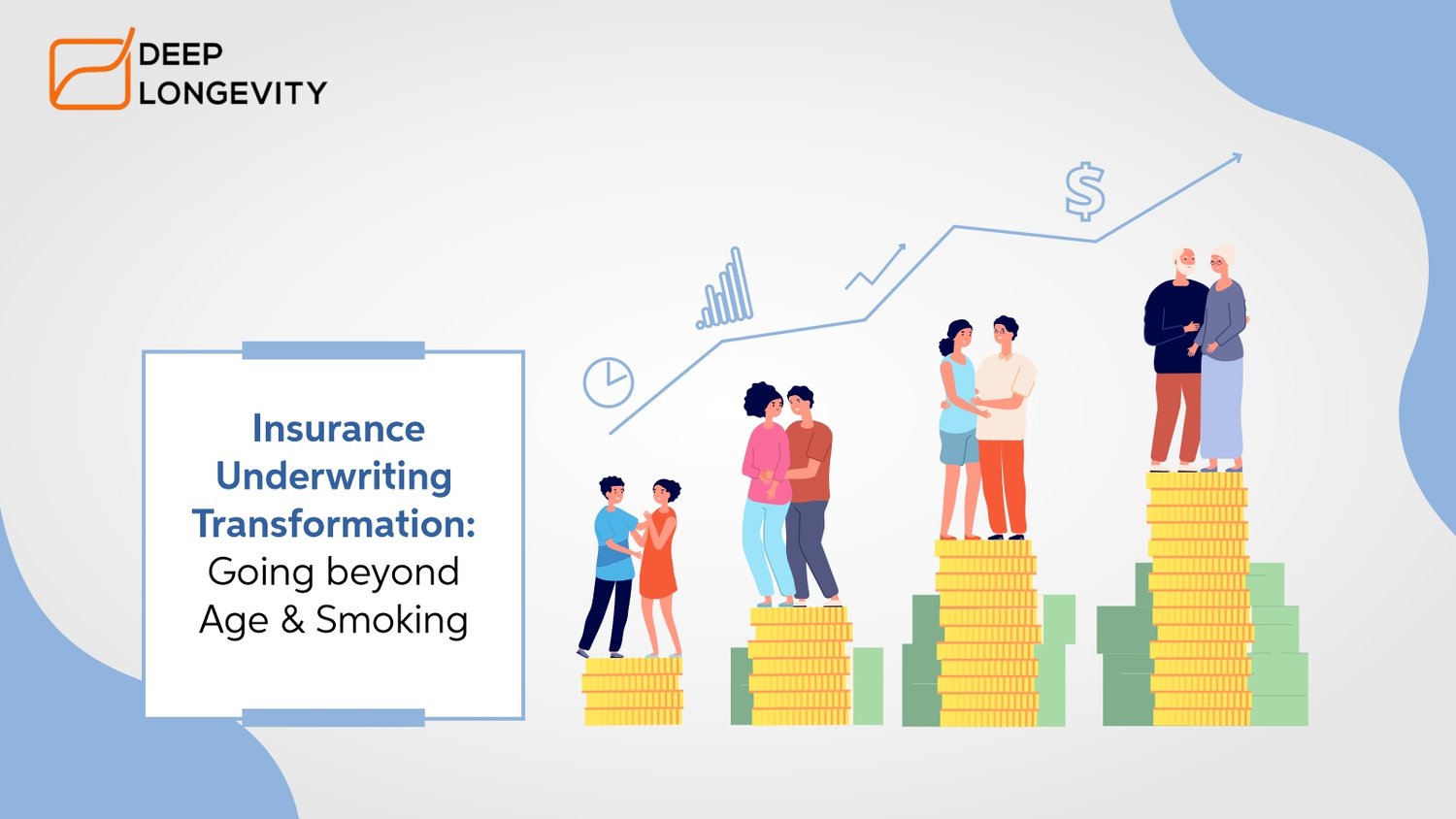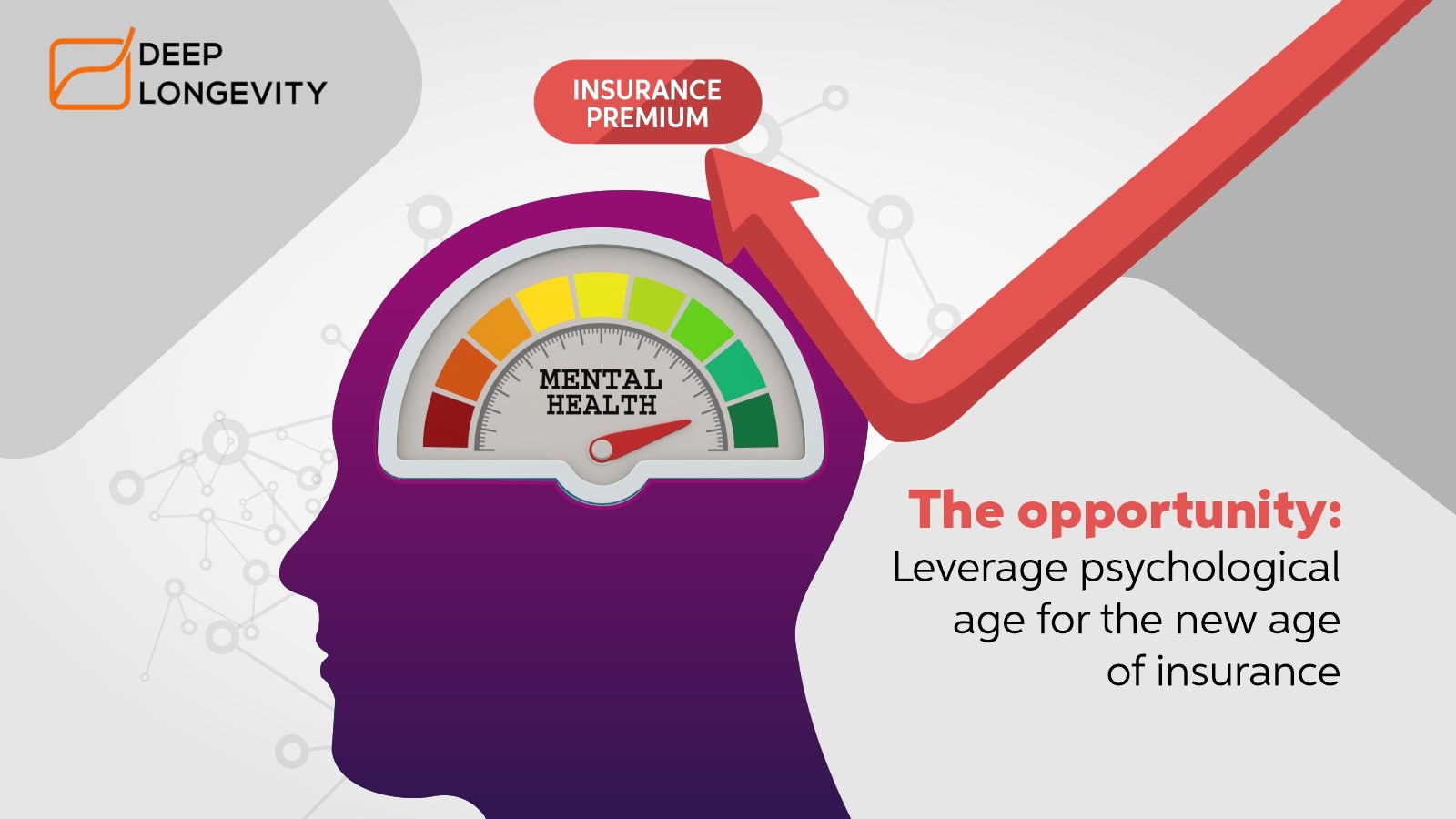
Insurance underwriting transformation is turning into a buzzword already. Insurers across the globe are exploring ways to tap into new customer profiles without increasing risk. In this context, mental health consideration opens a whole new avenue of products, added benefits, advanced premium calculations, better protection, extended human life, etc.
Mental health issues affect more than 25% of the population across England. The proportion has only risen since the pandemic, which is still ongoing.
Although a sizable number of organizations and employers have taken note of the situation and now offer some sort of mental health-related support for their employees, this is more of a reactive nature in terms of days off, some internal counselling etc.. The time (and market) is ripe for the much-needed preventive measures that employers can take themselves, it is also inevitable that insurance underwriting undergoes transformation to cover individual customers as well as the customer base of their employers.
Mental Health Tools for Insurance Underwriting Transformation
Emerging technology and solutions that address psychological resilience and well-being can help insurance underwriters. For example, AI-based psychological age calculator and recommendation engine by Deep Longevity allows insurance providers to both evaluate their customers as well as help them lead a better, longer, and healthier life.
We know that psychological states affect everything we do – from following a healthy diet and lifestyle to taking medications as per the schedule. These factors converge over time. And for someone dealing with issues like stress, anxiety, mild to severe depression, etc., the effect on health and longevity can be catastrophic.
Deep Longevity provides a portfolio of aging clocks, including the Psychological Aging Clock, to predict the current biological age and future health prospects. Psychological age refers to the mental state most typical for people of a certain age group. The Psychological Aging Clock measures the psychological well-being of a person, which has a much higher impact on physical health and aging than the best of past speculations.
This article expands upon our previous issue that explored how BloodAge Clock can improve the health insurance underwriting for both the insurance provider(s) and their customers. The Psychological Aging Clock goes further beyond! Get ready for the insurance underwriting transformation.
The Missing Factor
Although, insurance underwriters rely on a multitude of factors to determine insurance premiums. Age and Tobacco consumption play the deciding role. Insurers around the world focus on these two parameters without a clear understanding of the former and comparative impact analysis of the latter.
However, new research by the scientists at Deep Longevity has found a third parameter, which has a bigger impact on physical health and aging compared to smoking. Poor psychological states can accelerate the pace of aging and deterioration of human health much more than tobacco or nicotine.
It is essential to include mental health and psychological well-being within basic healthcare plans to help people live long and healthy lives. The insurance underwriting transformation of this magnitude will not only reduce healthcare costs and insurance claims but also improve employee productivity, health data collection, medical research, and new markets for insurance providers.
The Challenge: A ballooning hidden cost
Mental health care is mysterious, barely understood and broken at best.
Anxiety and depression are the most commonly diagnosed psychological issues in the UK. Insurers offer special packages and premiums to manage these and a few other problems. They do not holistically factor in mental health, which can be measured by psychological age, to determine the associated risk a customer will face in the future.
There is also no preventive plan to avoid mental health issues, unlike physical health issues with cues on frequent tests, exercise, diet, lifestyle, etc.
Isn’t it an oxymoron that insurance providers rely on ‘intelligent underwriting systems’ with ‘hard coded rules’ to determine insurance premiums? Higher BMI equals higher premiums, and so do alcohol consumption and smoking. And it all works until you factor in the true cost of mental health and its impact on physical health and mortality.
Insurers cannot continue to ignore mental health and its potential impact on physical health. The archaic equation of insurance underwriting is futile without factors like psychological age. It is not enough to offer plans for a few diagnosed conditions.
Even with those plans in place, the cover and treatment for mental health issues like depression and anxiety are sporadic at best. Ignoring the significant impact mental health can have on physical health and aging also misses and leaves the opportunity and avenue of preventive health, which may change the whole conversation around mental health and extend human life.

The majority of the global workforce deals with some mental health issues – with 59% reporting at least one challenge. Some employers have already stepped up to offer help in the form of leaves, work-life balance, counseling, etc. But it is not enough and not safe enough.
Insurers must step in to protect and promote better life choices. That is why the insurance underwriting transformation becomes essential.
The Opportunity: Extending human life (and revenue cycles)
Aging clocks, when availed via infinitely extensible, personalized, and globally deployed digital platforms, can benefit the mental health ecosystem beyond measure. Insurance providers can not only use such technology to evaluate the customers but also help them to extend their healthspan and lifespan.
It is usually not easy for insurers to provide enough cover for people working in an unstable physical or financial environment. However, knowing the biological and psychological age and profile of such a potential customer may be an opportunity for both parties. Insurance providers will be able to offer services for the huge population working in unconventional and risky industries. And people who need these services the most will finally have access.
On the other hand, these tests can also uncover potential mental health issues. So, insurers can offer better protection and preventive care at the right time.
Psychological profile, as measured by Deep Longevity’s MindAge aging clock, along with biological age prediction by Blood Age, gives a better picture of a customer’s current well-being and future health prospects.
The insurance company that transforms its underwriting practices and implements such a technology will not only add customers and revenue but also help those customers enjoy a long and healthy life. It’s essential for industry leaders to adopt new technologies to keep up with emerging competition.

Psychological Aging clock can also help employers who want to ensure and improve the psychological well-being of their employees, help them live a better (and longer) life.
Read Deep Longevity CEO’s thought leadership article on Insurance Underwriting Transformation:-
2. Blood age clocks can revolutionise the insurance underwriting process
